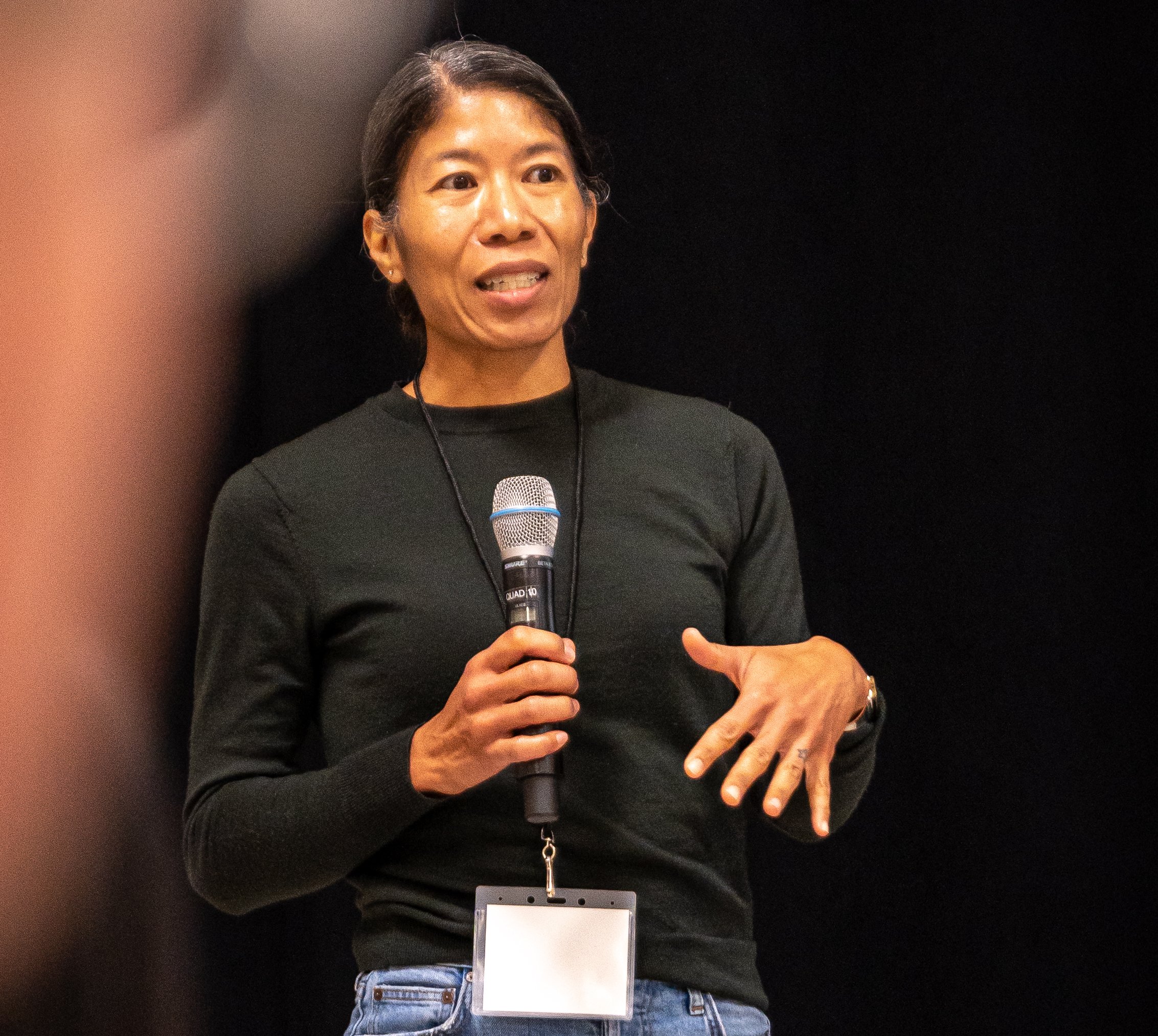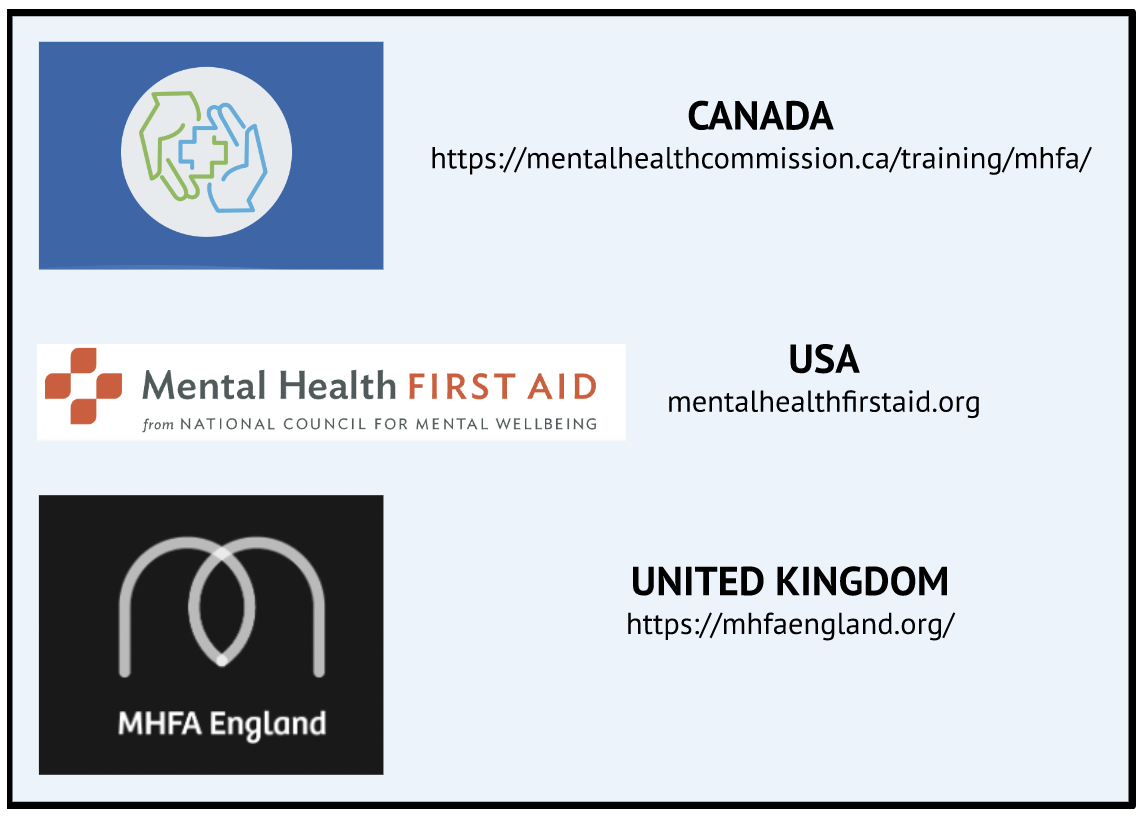Why newsrooms should champion Mental Health First Aid
BBC, Globe and Mail train staff to respond to journalists struggling
Mental health first aid training is now given to various Globe & Mail newsroom staff, contributor Sandra Martin told a recent industry summit in Ottawa. (Photo: Manuel Baechlin )
We were just a few minutes into the morning meeting when a steady alarm sounded in the Ottawa bureau. “It’s a fire drill,” explained a colleague who’d joined via videoconference, raising his voice above the din. “But we don’t have to leave the office.”
Classic journalistic sangfroid. Danger is our daily bread, so a bit of electronic bleeping is unlikely to inspire much more than a raised eyebrow. As a volunteer fire warden in our Toronto office, I knew our own drill was imminent. And when the alarm sounded, a crew of fellow employees jumped into action, clad in reflective vests and green ballcaps that identified us as the folks who’ve been briefed on evacuation best practices, and who’ve been trained in first aid.
Workplace psychological safety
News organizations make significant effort to recruit staff volunteers, train them, and organize emergency drills to prepare for fires and threats to teams’ physical safety - threats that seldom come to pass.
But why don't we do the same to prepare for much more likely and frequent emergencies involving colleagues' mental health?
More often than many of us realize, actually – our colleagues are in very real danger, and the signs can be subtle; even silent. Yet relatively few newsrooms train staff to help in case of a mental health emergency, despite the fact that journalists are five times more likely than the general population to receive a diagnosis of depression.
Mental health ‘toolbox’ for newsrooms
The Globe and Mail has long sought to be a leader in providing mental-wellness support for editorial staff – partnering with the Dart Center to offer workshops on recognizing and managing vicarious trauma to newsroom managers, visuals staff, reporters and editors. More recently, we invested in Mental Health First Aid training for 14 employees representing every newsroom department. Facilitated by Mental Health First Aid Canada, the nine-hour Standard course (a combination of two hours of self-directed learning, plus two live, facilitator-led half-day sessions) taught participants how to recognize the signs of a decline in mental well-being, as well as a mental health or substance use crisis, and direct a person who’s in decline or crisis to appropriate help.
MHFA training courses and certification are available through various national organizations.
The training was conducted virtually, which allowed us to include staff from our bureaus across the country, without breaking the annual training budget. (The training rang in at $3,500, or $250 per participant.) Through readings and short videos, participants became familiar with the signs of decline or crisis, and how they might appropriately step in. Mental health first aiders aren’t expected to provide treatment; rather, our role is to recognize when there is a problem and help the person in decline or crisis take next steps towards treatment and recovery. Through practice and growing familiarity with a toolbox of phrases and actions, we mental health first aiders became more confident in our ability to intervene.
“It’s very helpful for working with story subjects too,” shared one of our newsroom first aiders, a visual journalist. “I’d recco other reporters (corros) and photogs get the option to do it too.”
I feel incredibly fortunate that my proposal to pilot mental health first aid training in The Globe and Mail newsroom was met with immediate support. But I’m aware that, faced with strained budgets and skeleton staffing, other newsroom managers will be challenged to present a business case for MHFA – so here it is. In the UK, a 2022 report from Headspace Health noted: “70% of employees report that they’ve missed work this past year due to mental health issues [and] only 28% of employees report feeling ‘very engaged’ in their work.” Lost productivity and staff turnover due to burnout mean employers who fail to invest in mental healthcare do so at the peril of their own bottom lines.
The BBC has trained up more than 900 mental health first aiders across their organization, with its chief HR officer, Valerie Hughes-D-Aneth explaining in this blog post: “The BBC’s ambition is to be the most creative organization in the world and open to everyone, and we know that the wellbeing of our staff, the diversity of our workforce and the culture we create are central to this ambition.”




